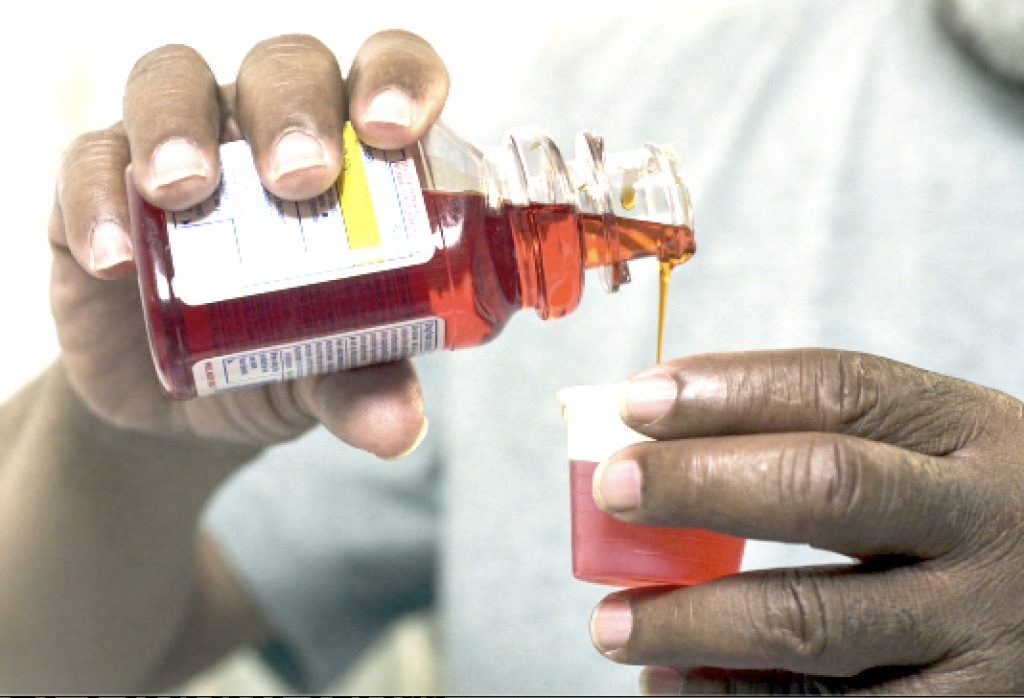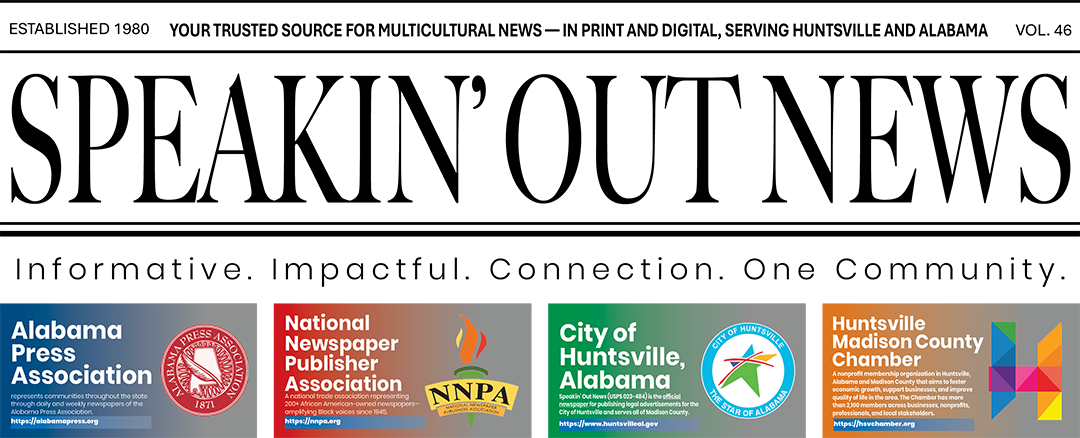Experts warn that everyday medicines can become dangerous when misused.

You don’t need a prescription to develop a drug problem. Health officials are warning that some of the most common over-the-counter (OTC) medicines — the same ones found in neighborhood pharmacies — can cause dependence, serious health risks, and even death when misused.
Medical experts say the danger lies in how easy it is to overlook the risks of familiar medications. “Over-the-counter doesn’t mean harmless,” one pharmacist told Speakin’ Out News. “People assume if it’s on a shelf, it’s safe — but abuse changes everything.”
#1 – Dextromethorphan (DXM) — Found in cough suppressants such as Robitussin DM®, Delsym®, Coricidin HBP Cough & Cold®, NyQuil® and DayQuil®. When taken in high doses, it can cause hallucinations, confusion, and slowed breathing — a trend among teens chasing the “robotripping” high.
#2 – Loperamide (Imodium®) — Sold as an antidiarrheal, this medicine can act like an opioid when taken in massive amounts. Misuse has led to deadly heart problems, prompting FDA warnings against using it to manage opioid withdrawal.
#3 – Kratom Products — Herbal supplements like OPMS Kratom®, K-Shot®, Mit45®, and Kraken Kratom® act on opioid receptors. They’re often sold at gas stations or online, marketed as “natural energy boosters,” but can cause addiction and withdrawal.
#4 – Nasal Sprays — Brands such as Afrin®, Vicks Sinex®, and Dristan® relieve congestion but can trigger rebound swelling if used longer than three days, leading to dependence and chronic inflammation.
#5 – Diphenhydramine (Benadryl®, Unisom®, ZzzQuil®) — Used for allergies or sleep, it can cause tolerance, confusion, and dangerous interactions when overused.
#6 – Caffeine Tablets and Energy Shots — NoDoz®, Vivarin®, 5-hour Energy®, and Redline® can lead to physical dependence and withdrawal symptoms like headaches, irritability, and fatigue.
Experts advise following label directions, avoiding multiple products with the same ingredient, and consulting a pharmacist before long-term use.
“Over-the-counter doesn’t mean risk-free,” experts emphasize. “Awareness is the first step toward safety.”

